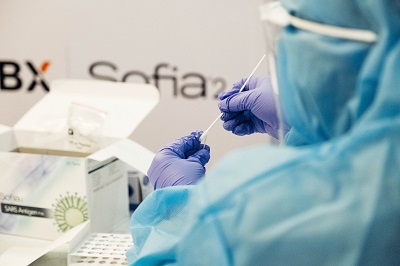For Class B medical device registration in Malaysia, specific technical document requirements must be met to ensure compliance with the Medical Device Authority (MDA) regulations. Here’s a detailed list of the key documents you need to prepare:
1. Technical File:
- Device Description: A comprehensive description of the device, including its intended use, indications, and any contraindications.
- Design and Manufacturing Specifications: Detailed specifications that outline the design, materials used, and the manufacturing process of the device.
- Labeling: Drafts of the device labels and instructions for use that comply with regulatory requirements (e.g., language, safety warnings).
2. Quality Management System (QMS) Documentation:
- QMS Manual: A document outlining the quality management system, demonstrating compliance with ISO 13485 or similar standards.
- Standard Operating Procedures (SOPs): Documentation of procedures that govern quality management practices, including design control, production, and quality assurance.
3. Risk Management Documentation:
- Risk Analysis: Conduct a risk assessment in accordance with ISO 14971, identifying potential hazards associated with the device.
- Risk Management Plan: A documented plan detailing how risks will be mitigated and monitored throughout the device lifecycle.
4. Clinical Evaluation Report:
- Clinical Data: Summary of clinical data supporting the safety and effectiveness of the device. This may include data from clinical studies, literature reviews, or existing clinical experience.
- Evaluation Summary: A clear summary of the findings from the clinical evaluation, demonstrating how the data supports the intended use of the device.
5. Performance Testing Data (if applicable):
- Preclinical Testing Results: Data from any preclinical tests performed on the device to demonstrate safety and performance.
- Clinical Testing Results: If applicable, results from clinical trials that support the device's claims.
6. Manufacturer Information:
- Company Profile: Information about the manufacturer, including name, address, and contact details.
- Certificates of Compliance: Any existing certifications that demonstrate adherence to quality standards.
7. Post-Market Surveillance Plan:
- Surveillance Strategy: Outline of how the manufacturer intends to monitor the device's performance post-marketing, including how adverse events will be reported and managed.
8. Additional Supporting Documents:
- Any other relevant documentation that supports the application, such as stability data, comparative studies, or product specifications.
Preparation Tips:
- Organize Documentation: Ensure that your technical file is well-organized, with a clear table of contents and easy navigation.
- Clarity and Precision: Use clear and concise language, avoiding unnecessary jargon.
- Reference Standards: Cite relevant international standards and guidelines to support your documentation.
By preparing these technical documents thoroughly, you can enhance the likelihood of a successful Class B medical device registration application in Malaysia.

Contact Us:
Whatsapp or Wechat:+86 15816864648;email address:hito.lin@grzan.cn
.png)
.jpg)

.png)

.png)